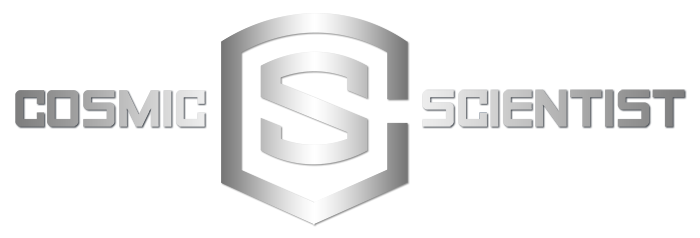A little-known Chinese herb might be eligible for the growing list of alternative cancer treatments. According to studies published in Life Sciences, Cancer Letters, and Anticancer Drugs, artemesinin, a derivative of the wormwood plant commonly used in Chinese medicine, can kill off cancer cells and do it at a rate of 12,000 cancer cells for every healthy cell. (0)
Henry Lai and his team of researchers from the University of Washington synthesized the compound, which uses a cancer cell’s appetite for iron, to make only these diseased cells the target. The great thing about artemisinin is that alone it can selectively kill cancer cells while leaving normal cells unharmed.
By itself, artemisinin is about 100 times more selective in killing cancer cells as opposed to normal cells. Artemisinin is 34,000 times more potent in killing the cancer cells as opposed to their normal cousins. So the tagging process appears to have greatly increased the potency of artemisinin’s cancer-killing properties. – Henry Lai
Despite the compound being licensed to Holley Pharmaceuticals, it has yet to be used for cancer treatment in humans.
We call it a Trojan horse because the cancer cell recognizes transferrin as a natural, harmless protein. So the cell picks up the compound without knowing that a bomb (artemisinin) is hidden inside. – Henry Lai
The wormwood extract was used many centuries ago in China for healing purposes. The treatment became lost over time and has now been rediscovered thanks to an ancient manuscript containing medical remedies. It kills 12,000 cancer cells for every healthy cell, which means it could be turned into a drug with minimal side effects.
The compound is currently being licensed by the University of Washington to Artemisia Biomedical Inc., a company that Lai, Sasaki and Narendra Singh, UW associate professor of bioengineering, founded in Newcastle, Washington for development and commercialization. Human trials are at least several years away. Artemisinin is readily available, Sasaki said, and he hopes their compound can eventually be cheaply manufactured to help cancer patients in developing countries. (0)
The abstract reads:
Artemisinin reacts with iron to form free radicals that kill cells. Since cancer cells uptake relatively large amount of iron than normal cells, they are more susceptible to the toxic effect of artemisinin. In previous research, we have shown that artemisinin is more toxic to cancer cells than to normal cells. In the present research, we covalently attached artemisinin to the iron-carrying plasma glycoprotein transferrin. Transferrin is transported into cells via receptor-mediated endocytosis and cancer cells express significantly more transferrin receptors on their cell surface and endocytose more transferrin than normal cells. Thus, we hypothesize that by tagging artemisinin to transferrin, both iron and artemisinin would be transported into cancer cells in one package. Once inside a cell, iron is released and can readily react with artemisinin close by tagged to the transferrin. This would enhance the toxicity and selectivity of artemisinin towards cancer cells. In this paper, we describe a method to synthesize such a compound in which transferrin was conjugated with an analog of artemisinin artelinic acid via the N-glycoside chains on the C-domain. The resulting conjugate (‘tagged-compound’) was characterized by MALDI-MS, UV/Vis spectroscopy, chemiluminescence, and HPLC. We then tested the compound on a human leukemia cell line (Molt-4) and normal human lymphocytes. We found that holotransferrin-tagged artemisinin, when compared with artemisinin, was very potent and selective in killing cancer cells. Thus, this ‘tagged-compound’ could potentially be developed into an effective chemotherapeutic agent for cancer treatment.. (1)
Another abstract reads:
Our results demonstrate that the artemisinin disruption of E2F1 transcription factor expression mediates the cell cycle arrest of human breast cancer cells and represents a critical transcriptional pathway by which artemisinin controls human reproductive cancer cell growth. (2)
Artemisinin is currently FDA approved for the treatment of malaria and is very safe and easy to use. It’s inexpensive and works on all cancers but has yet to find its way into the mainstream. It really is time to move beyond just radiation, surgery, and chemotherapy for the treatment of cancer.
Sources:
(0)http://www.washington.edu/news/2008/10/13/scientists-develop-new-cancer-killing-compound-from-salad-plant/(
1) http://www.ncbi.nlm.nih.gov/pubmed/15642597
(2)http://www.ncbi.nlm.nih.gov/pubmed/22185819
(3)http://www.cancer.ca/~/media/cancer.ca/CW/cancer%20information/cancer%20101/Canadian%20cancer%20statistics/canadian-cancer-statistics-2013-EN.pdf




